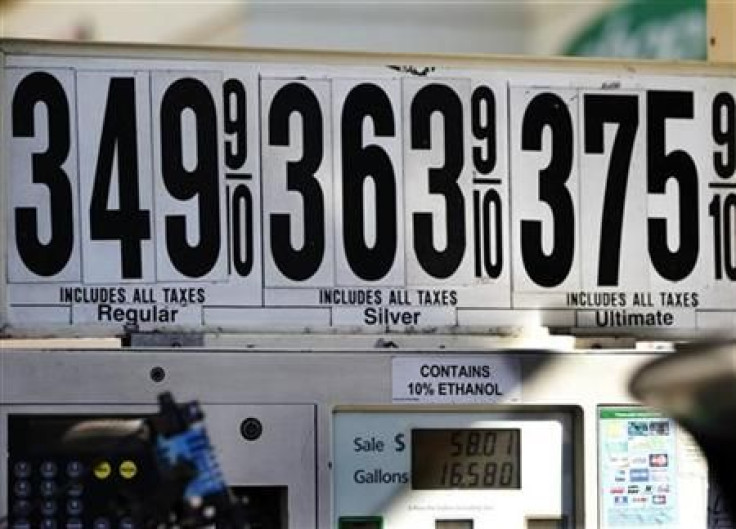Sixty-five percent of U.S. business fleets forced to absorb fuel increases: survey

With gasoline & diesel prices at two-year highs, most of U.S. business fleets are forced to take an immediate hit to their profits, according to a new survey.
Sixty-five percent of U.S. business fleets are forced to absorb fuel increases and suffer the bottom-line impact, while only 16 percent are able to pass on rising fuel costs by increasing prices to their consumers, says Pricelock, which conducted the survey.
About 28 percent of 451 people surveyed reported that higher fuel costs hurt their company earnings and 11 percent reported cutting other business costs to offset fuel-price increases.
Pricelock says top fuel concerns among businesses are fuel efficiency (44 percent) and the inability to control fuel costs (40 percent).
Nearly 75 percent of fleets said they are willing to drive out of their way to save 25 cents per gallon of gas, and 25 percent said they would drive five miles or more for such savings.
Many small and medium-sized firms are unaware of the fuel price protection strategies available to them or mistakenly believe that they are too small to take advantage of programs that make their fuel costs predictable, says Naveen Agarwal, chief operating officer of Pricelock.
While 31 percent have considered implementing a hedging program, only 35 percent have actually implemented a program. These tend to be firms with large fleets and high fuel usage volumes.
We believe these numbers demonstrate that there is a tremendous opportunity to educate businesses about the benefits of a program that can make their fuel costs predictable and benefit their bottom line, says Agarwal.
California-based Pricelock provides fuel price protection to help large national brands such as Chrysler and Hyundai and small, local businesses protect against rising fuel prices. Pricelock partnered with Automotive Fleet to conduct the survey in January and February 2011.
© Copyright IBTimes 2024. All rights reserved.











